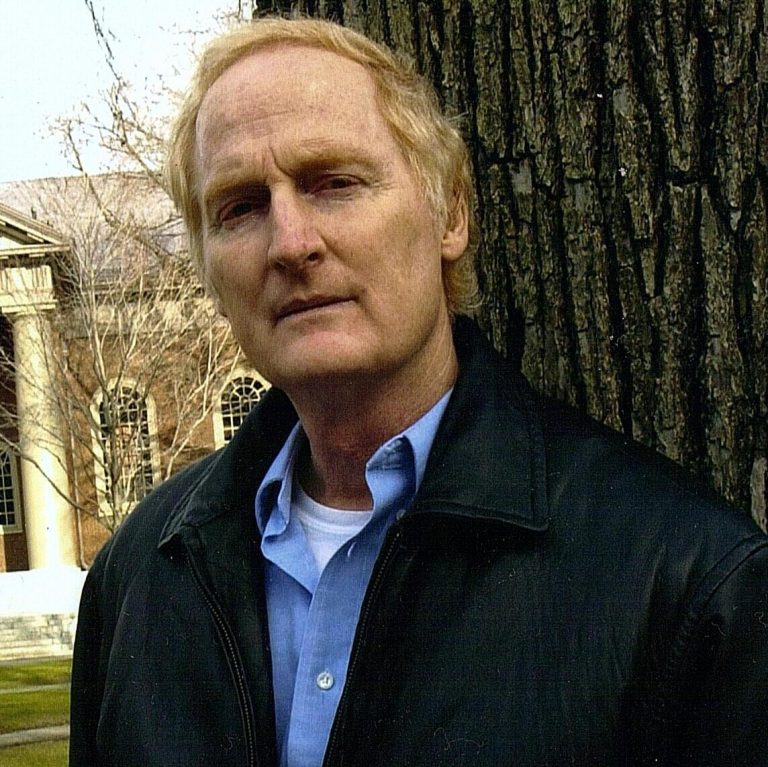
I have thought a lot about how I went from low self-esteem at age 15 to….well, low self-esteem at age 78. This admittedly does not make the kind of narrative arc that publishers respond to. But however little progress I made in my inner life, my outer life gradually changed. I went from being a school (and summer camp) expellee and juvenile delinquent (with a little police record that I was most proud of) to becoming a successful anthropologist advising President George W. Bush from my perch at Harvard. Why did my inner self not catch up with my climb up the ladder of success?
There is a scholarly book about sibling birth order called Born to Rebel by Harvard scholar Dr. Frank Sulloway, who himself is a second son like me. I thought this book would serve as a theoretical framework for my memoir: My elder brother, as the first-born, was a defender of the status quo, whereas I, the second son, was, well, born to rebel, to overthrow the unfair system that put my brother first in all matters, starting with being allowed to stay up later than me.
However, there were too many exceptions to the rule in my family, and those of other families, to make Dr. Sulloway’s book more than an interesting guess at why people with the same genetic endowment and socioeconomic upbringing can as siblings be almost polar opposites of one another.
In the simplest terms, this is what I think happened to me: I was expelled from elite Groton School when I was 15. My father had been a great success at the same school and my older brother was a student there at the time of my expulsion. (By the way, I later read that our longest serving president, FDR, considered himself a failure at Groton.) So I packed up and went with my family to my father’s new Foreign Service post in Seoul, Korea. In the weeks and months that followed, my mother took every opportunity to tell me that I was a complete failure.
Never had I done one thing in my life that could be called successful. But hold on: My mother had promised that if I did super-well at Groton, I could transfer to St. Albans, a private day school in Washington (where Al Gore went, so still considered acceptable by my mother.) I had worked very hard my first year at Groton and made the Honor Roll in the belief that my mother would honor her word. It was very difficult to make this elite list (my dad hadn’t), but when I did, my mother told me it would “be a sin to take me out of Groton now that I was so well adjusted.”